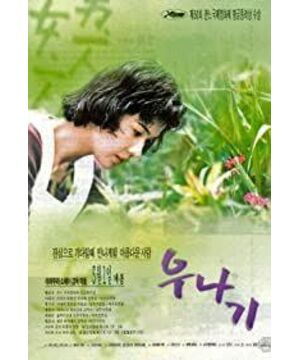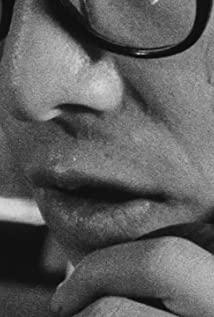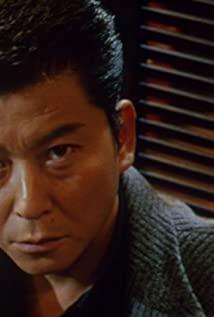The opening of "The Eel" is great, and it doesn't match the bland development that follows. According to the original story, the male protagonist got a letter of unknown origin to inform his wife of cheating, then went out fishing in the middle of the night and went home early to catch the adulterer, spared the adulterer and killed his wife with several knives, then surrendered himself, and was released from prison eight years later . During this process, he kept thinking about who sent him the whistleblower letter. According to this thread, after he was released from prison, he found the sender of the letter, went through hardships, and finally found that the letter did not exist at all, and it was all due to his hallucinations, which explained his confusion when he did not kill his adulterer and when his wife was killed. Expression, because there is no adulterer in the first place; from this, it can be made into a psychological drama, and also explore the relationship between husband and wife, and even go deep into the male protagonist's original unit to analyze the relationship between the behavior of ordinary Japanese employees and his hallucinations. Significant? The current story, after he was released from prison, he rescued a beautiful woman and developed a relationship. Is it too boring?
Such an anticlimactic film has won the Palme d'Or, and the Palme d'Or has been given to East Asia for 3 consecutive years. Reminiscent of the Golden Lions gathering in Eastern Europe in recent years, could it be that the European literary and art circle is becoming more and more left-handed? Of course, there are many good winners, but there are also those whose form is greater than content. In contrast, it seems that Oscar is more reliable than them.
View more about The Eel reviews











